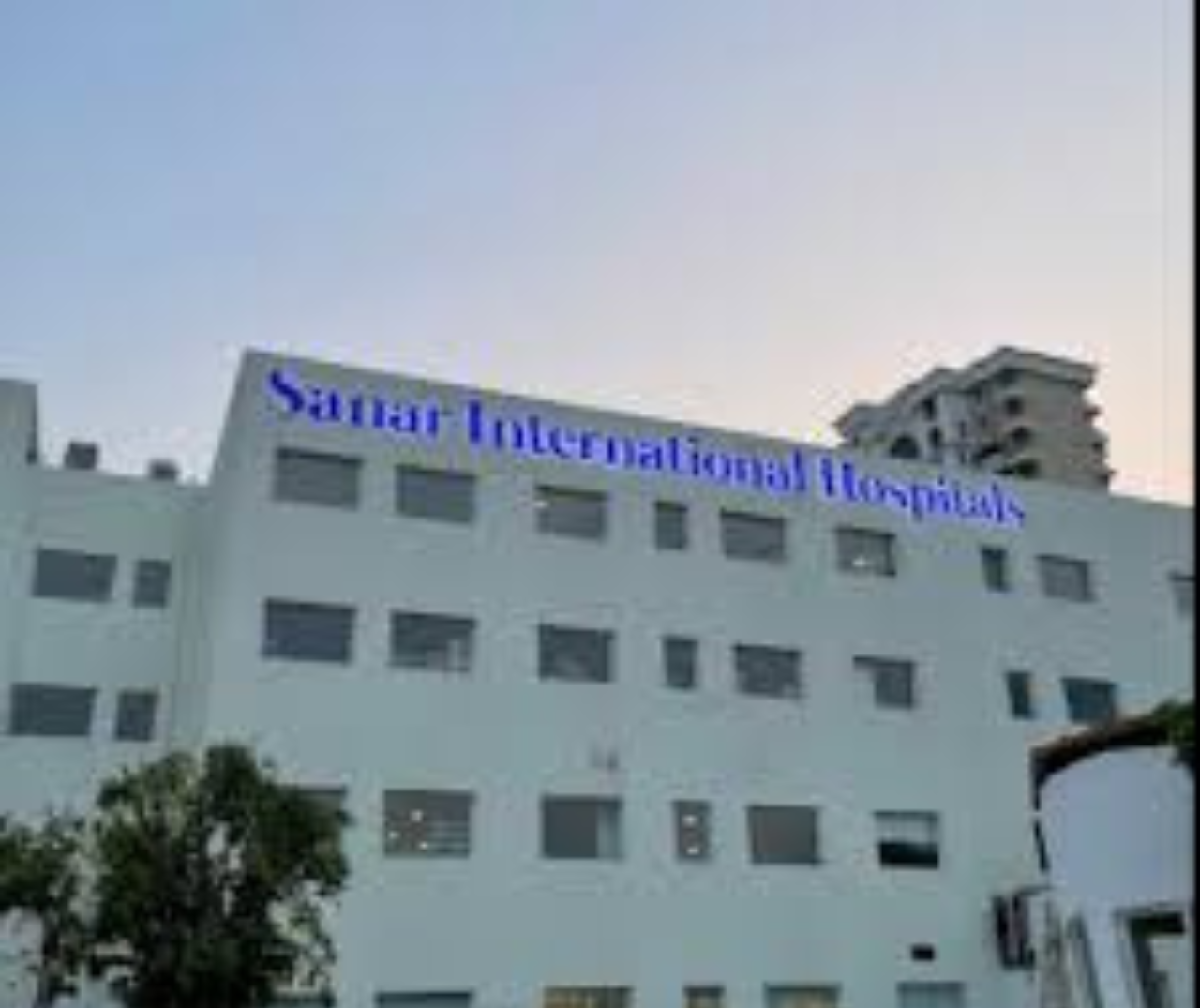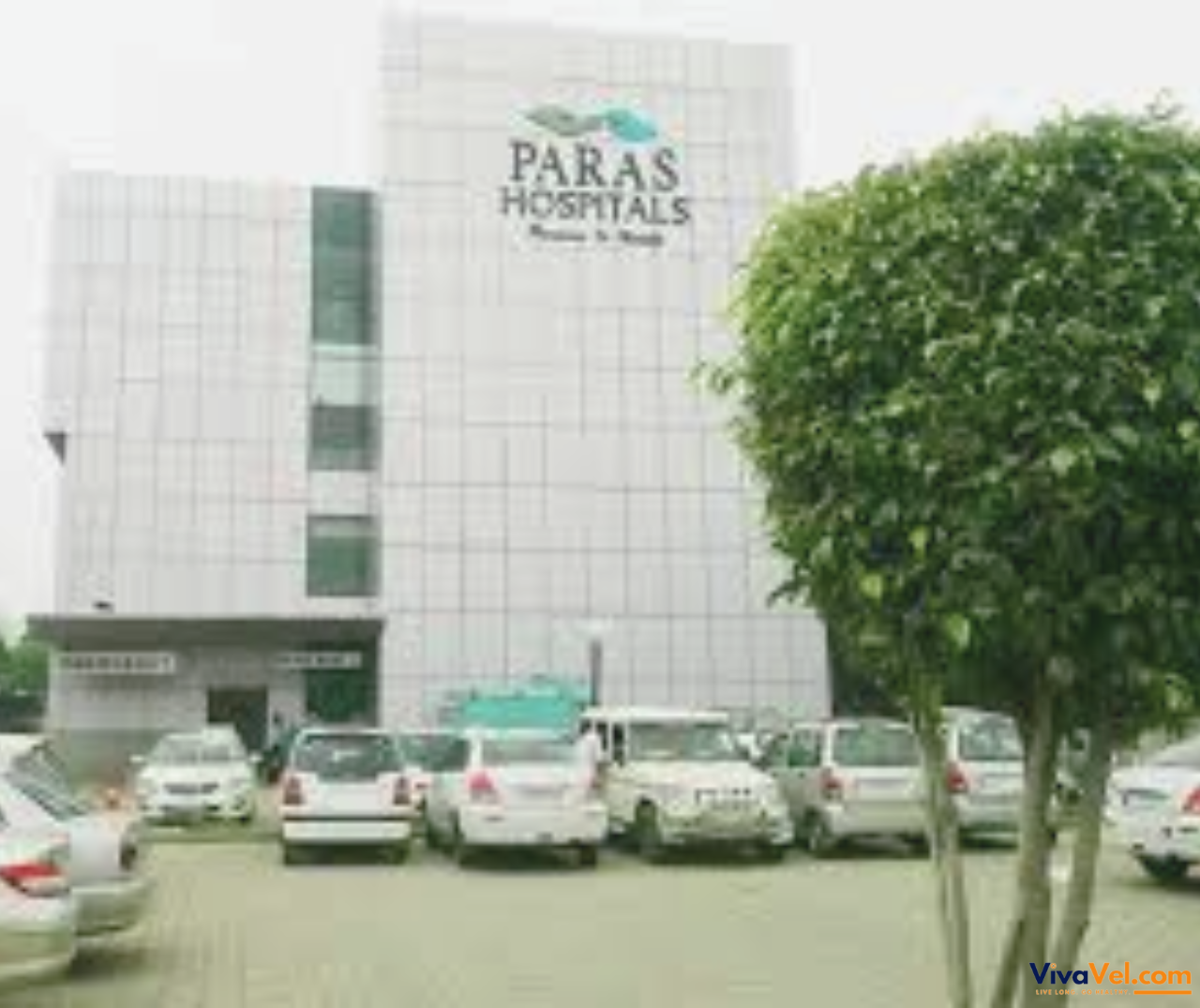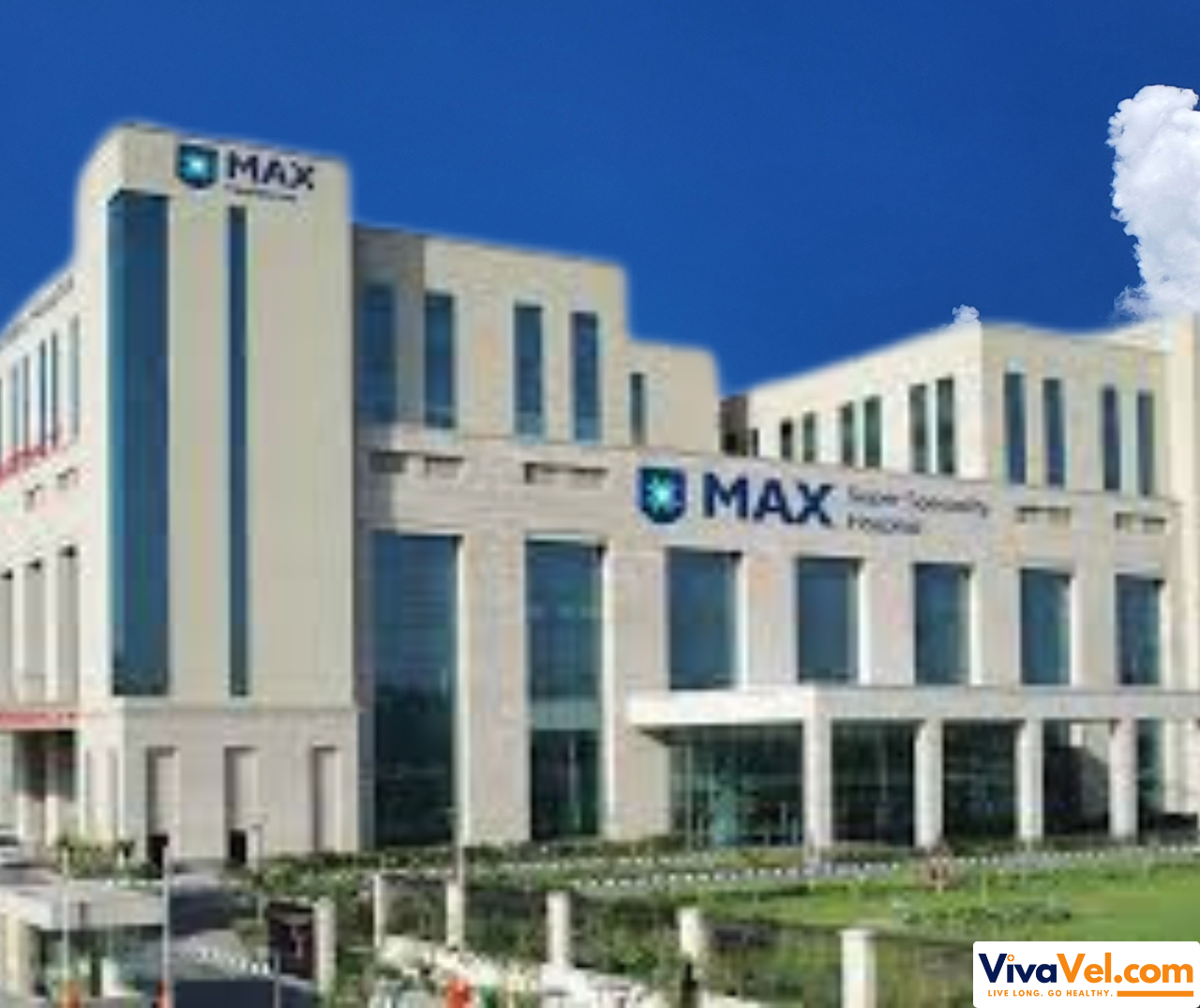info@vivavel.com
+919818262686
+919818262686
 info@vivavel.com
info@vivavel.com +919818262686
+919818262686A Bone Marrow Transplant (BMT) is a sophisticated medical procedure that involves replacing damaged or diseased bone marrow with healthy stem cells. The bone marrow is the soft, spongy tissue inside bones that creates blood cells. Conditions such as leukemia, lymphoma, multiple myeloma, and certain blood disorders can compromise it.
During a Bone Marrow Transplant, the patient's unhealthy bone marrow cells are first eradicated using high doses of chemotherapy or radiation therapy. This process creates space for the new, healthy stem cells to thrive. These healthy stem cells can be sourced from the patient (autologous transplant) or a compatible donor (allogeneic transplant) and are then introduced into the patient's bloodstream through an IV line, similar to a blood transfusion.
Once inside the body, the newly introduced stem cells migrate to the bone marrow, where they initiate the production of new, healthy blood cells. This regeneration process is crucial in helping the body generate an adequate supply of blood cells, fortifying the immune system, and improving overall health.
Patients undergoing Bone Marrow Transplants may need to be hospitalized for several weeks to monitor their recovery and closely minimize the risk of infections. Common side effects of the procedure include nausea, fatigue, and an increased susceptibility to infections due to the weakened immune system during treatment. Following the transplant, the immune system can take several months, or even a year, to fully recuperate.
While Bone Marrow Transplants hold the potential to cure or significantly improve the prognosis of various severe conditions, it is imperative to consult with a healthcare provider to thoroughly assess the associated risks and benefits to determine the most appropriate treatment option. Early detection, finding suitable donors, and timely intervention substantially enhance the likelihood of success in Bone Marrow Transplants.
Given the complexity of these transplants, a specialized medical team is essential for their proper management and care. Therefore, engaging in comprehensive discussions with healthcare providers is critical for understanding this procedure's potential benefits and risks.
 Patients who may need a bone marrow transplant (BMT) often exhibit symptoms as a result of their underlying disease or treatment, such as:
Patients who may need a bone marrow transplant (BMT) often exhibit symptoms as a result of their underlying disease or treatment, such as:

 A Bone Marrow Transplant (BMT) is often recommended for the following conditions:
A Bone Marrow Transplant (BMT) is often recommended for the following conditions:
 Undergoing a bone marrow transplant is a complex process that typically involves consultation with a hematologist or oncologist. It is essential to seek medical attention if any of the following apply to you:
Undergoing a bone marrow transplant is a complex process that typically involves consultation with a hematologist or oncologist. It is essential to seek medical attention if any of the following apply to you:
 Before the procedure, several tests are done to make sure everything matches up and to check the patient's overall health:
Before the procedure, several tests are done to make sure everything matches up and to check the patient's overall health:
 Do's:
Do's:
 Don'ts:
Don'ts:
14,500 (USD)





![]() Pusa Road, Radha Soami Satsang, Rajendra Place New Delhi, 110005 India
Pusa Road, Radha Soami Satsang, Rajendra Place New Delhi, 110005 India



![]() Golf Course Rd, Parsvnath Exotica, DLF Phase 5, Sector 53, Gurugram, Haryana Gurgaon, 122022 India
Golf Course Rd, Parsvnath Exotica, DLF Phase 5, Sector 53, Gurugram, Haryana Gurgaon, 122022 India



![]() C-1, Sushant Lok- 1, Sector-43, Phase- I, Gurugram, Haryana, 122002
C-1, Sushant Lok- 1, Sector-43, Phase- I, Gurugram, Haryana, 122002



![]() Mussoorie, Diversion Road, Dehradun, Uttarakhand 248001
Mussoorie, Diversion Road, Dehradun, Uttarakhand 248001


Dr. A. V. S. Suresh is a distinguished Senior Consultant Medical Oncologist and Hematologist at Continental Hospitals, Hyderabad. With over two decades of clinical ex...

Dr. Gaurav Dixit is a highly experienced Hematologist and Bone Marrow Transplant (BMT) Specialist who currently leads the Haemato-Oncology Unit at Artemis Hospital, Gurugram....

Dr. Rayaz Ahmed is a director with expertise in Cancer Care/Oncology, Bone Marrow Transplant, Hematology Oncology, and hematology (Hematology) at Max Super Speciality Hospita...



Dr. Nitin Sood is a distinguished Clinical Hematologist, Hemato-Oncologist, and Bone Marrow Transplant Specialist with nearly thirty years of clinical, academic, and research exper...
Treatment Plan & Cost within 2 days
